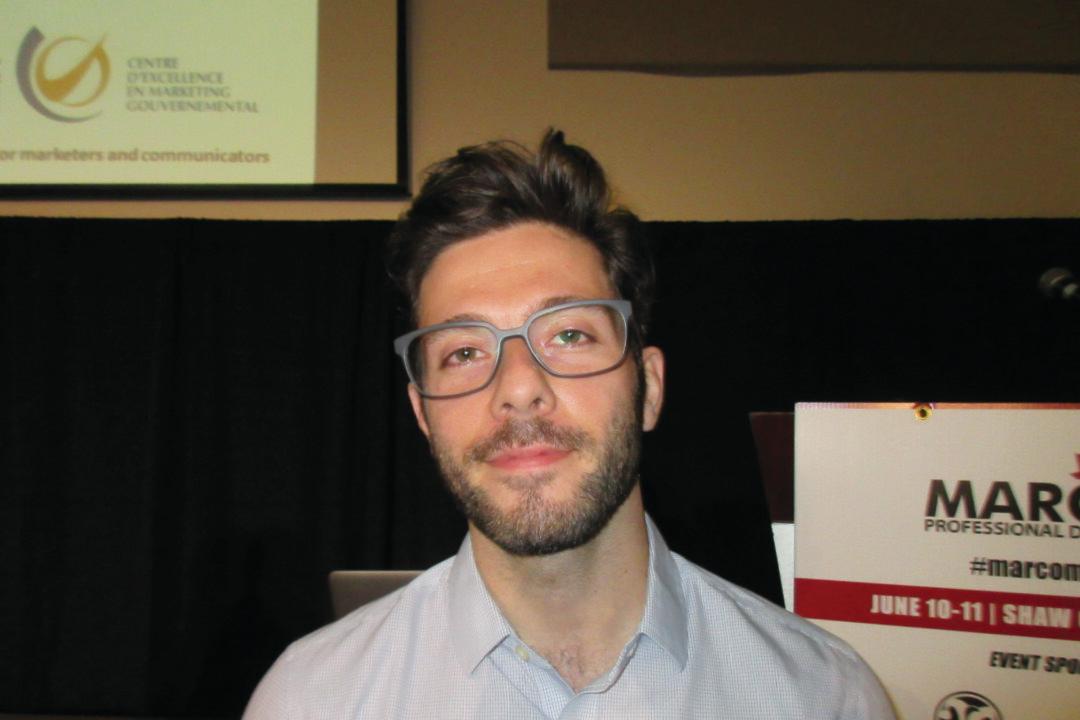OTTAWA—“We will never go back to a world where we will be treated as one in a million,” Fab Dolan said about the changing landscape of marketing.
Companies have to realize that old marketing models were built in a bygone era and that today’s increasingly digital world demands new strategies. And companies have to embrace the power of the mobile Internet.
Dolan, Head of Large Advertiser & Agency Marketing at Google Canada, was the keynote speaker at MARCOM’s annual marketing and communications forum on Wednesday, June 10, at the Shaw Centre.
Dolan is a frequent guest lecturer at Canadian universities; his talks explore digital marketing, business strategy, ad technology, and more.
In addition to mobile, “authenticity is the new production value,” Dolan said. Companies and brands have to connect with their audiences—and this doesn’t necessarily require large production budgets and deep resources. It’s no longer about Nike’s venerable “Just Do It” ads with a catchy phrase.





